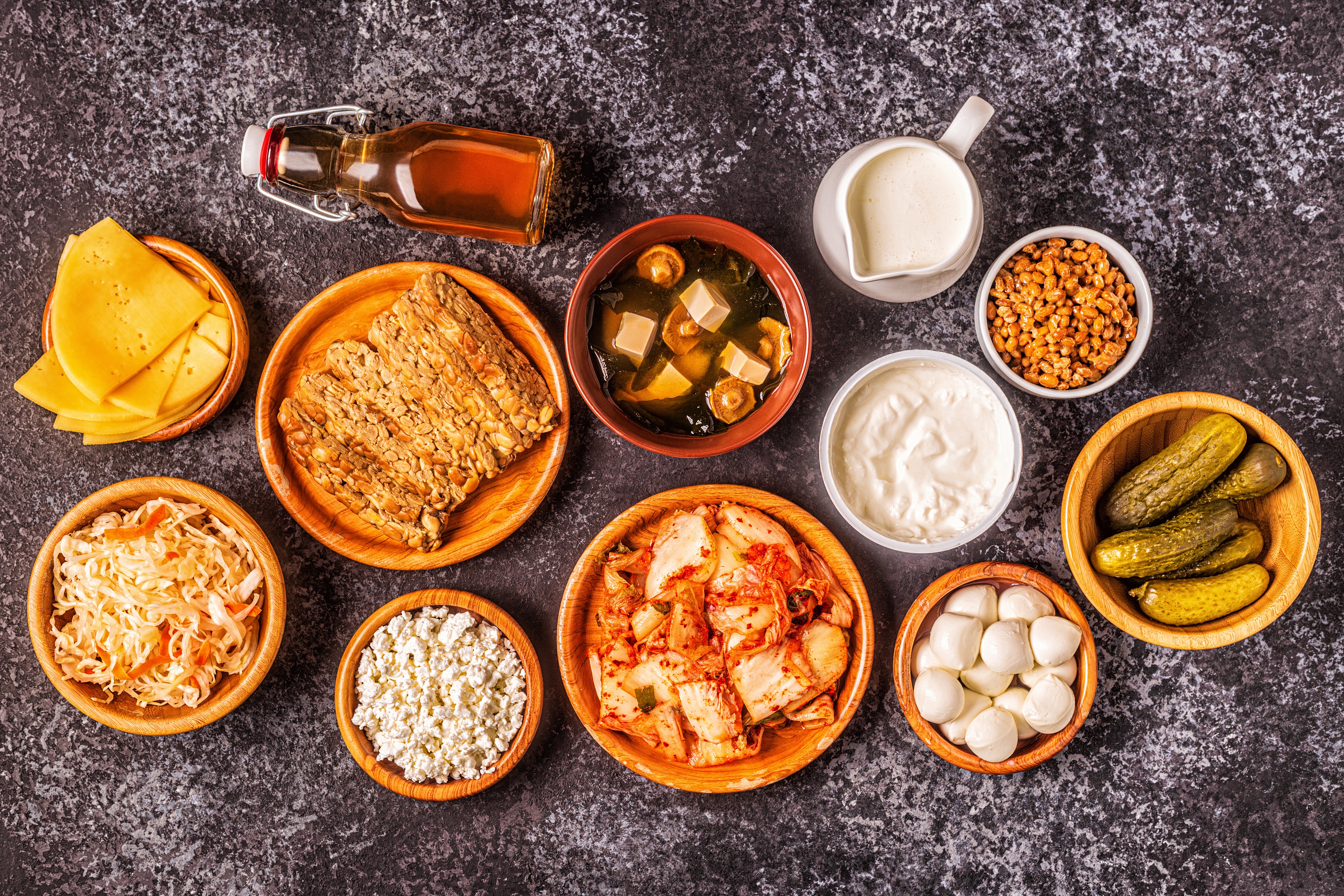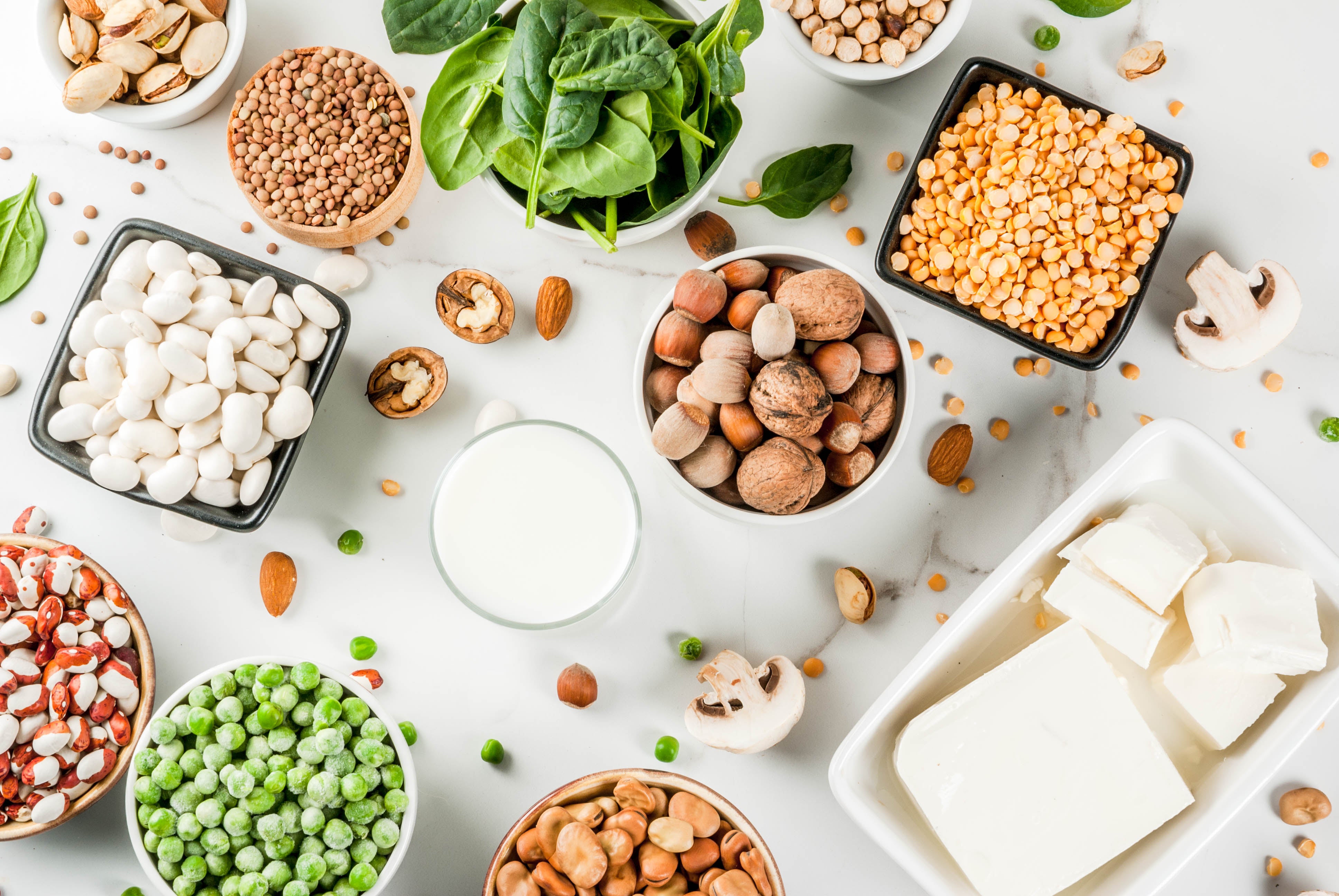As your kid reaches seven, the more you need to pay attention to their health demands and nutritional needs, especially for vitamins. We all know that these are essential for their growth, development, and overall health. What could be the best vitamins should you give your 7-year-old kid?
A 7-year-old kid needs vitamin A for good eyesight, vitamin B to boost energy, vitamin C to strengthen immunity, vitamin D for stronger bones, and vitamin K for wound healing. These vitamins are substances found in the food we eat. Just in case diet alone can't meet your child's daily vitamin requirement, his doctor may recommend letting them take vitamin supplements.
In this post, you will learn about:
- The importance of children's vitamin intake.
- The essential vitamins your 7-year-old needs
- Vitamin supplementation.
- Tips to choosing the best vitamin supplements for your 7-year-old.
- Ingredients to avoid in kids vitamin supplements.
Vitamins For Your 7-Year-Old Child
The key to getting the vitamins your child needs is to feed them various healthy foods. However, it can be tricky if your child is a picky eater.
It can indeed be challenging to convince them to eat vegetables and nutritious foods that they may find not too appealing to their eyes. Thus, vitamin supplementation can help solve this concern.
Before we dive into the discussion on vitamin supplementation, let's understand the specific vitamins they should adequately get and why they are significant for their health.
Let's explore these vitamins from A to K:
Vitamin A
Vitamin A is dubbed as the "vitamin for the eyes." It's an essential vitamin and an antioxidant needed to maintain good night vision and visual clarity in the cornea - the outside covering of the eye.
This vitamin is also crucial in preventing cataracts and age-related macular degeneration.
Additionally, vitamin A helps fight infections by boosting your child's immune system, and it is also needed to promote healthy skin.
Vitamin A is mainly found in milk, liver, dark green leafy vegetables, yellow vegetables, and sweet potatoes.
How much vitamin A does your 7-year-old need? The recommended daily intake of vitamin A for a 7-year-old is 400mcg.
Vitamin B-complex
Vitamin B is not just one, two, or three of them. There are more! Vitamin B1, B2, B3, B5, B6, B7, B9, and B12. Yes, all of them!
These vitamins are essential for cell metabolism, energy metabolism, and red blood cells synthesis.
You can find the vitamin Bs in whole grains, leafy green vegetables, legumes, fish and seafood, poultry and meats, eggs, and milk.
How much vitamin Bs does your 7-year-old need?
See the table below for the recommended daily allowance for specific B-vitamins for a 7-year-old child:

Vitamin C
Vitamin C holds multiple roles in the body. Your child needs vitamin C to boost their immune system to fight against infection.
It is also an essential vitamin to help iron absorption and prevent anemia.
As a potent antioxidant, vitamin C also helps protect cells against the damaging effects of free radicals.
Moreover, vitamin C is a crucial nutrient needed for collagen production. Collagen is a protein required to help wounds heal faster and promote healthy skin.
Rich sources of vitamin C are mainly found in citrus fruits, tomatoes, strawberries, cantaloupe, leafy greens, broccoli, kiwi fruit, and sweet red peppers.
How much vitamin C does your 7-year-old need?
The recommended daily intake of vitamin C for children a 7-year old child is 25mg.
Vitamin D
Vitamin D works together with calcium to support bones and muscle health. It is mainly needed for calcium absorption.
The best way to get vitamin D is to give your child a quick walk under the morning sunlight.
In terms of getting vitamin D through diet, that's vitamin D3. You can get it from fish and fish liver oils, cheese, egg yolks, and fortified cereals.
How much vitamin D does your 7-year-old need?
The recommended daily intake of vitamin D for children a 7-year-old child is 15mcg.
Vitamin K
It is a fact that children often get cuts or scrapes at home or when they play outdoors. Apparently, open wounds pose a risk of infection.
To help the wounds heal faster, your child needs help from vitamin K.
You can get vitamin K from green leafy vegetables, blueberries, figs, meat, cheese, eggs, and soybeans.
How much vitamin K does your 7-year-old need?
The recommended daily intake of vitamin K for a 7-year-old child is 55 mcg.
Should I Give My Child Vitamin Supplements?
As mentioned earlier, children need to eat a variety of foods to get the vitamins they need to support their overall health.
If your child is eating a healthy and balanced diet, there is no need for them to take vitamin supplementation.
However, if you have a young picky eater, they become more prone to nutritional deficiencies. That's why some doctors may allow your child to take vitamin supplements to prevent nutritional gaps. Take note; however, vitamins are not designed to be used as a replacement for a healthy diet.
Talk with your child's health care provider.
It is best to seek the advice of your child's health care provider for the correct vitamin dosage.
Vitamin overdosage can be toxic to your child's health, and it can cause symptoms such as nausea, headaches, or diarrhea. Furthermore, it may also interact with other medications that they are taking.
Children may need vitamin supplementation due to the following cases:
- They are delayed in their physical and developmental growth
- They have certain chronic diseases or food allergies/intolerances
- They are on a restrictive diet, i.e., a strict vegan diet

How to Choose the Best Vitamin Supplements for My 7-year-old?
- Get the one that is formulated for your child's age group.
- Make sure it provides most of the vitamins and minerals they need.
- Choose brands with USP, NSF, or another third-party "seal of approval."
- Explore different forms of vitamins in the market - chewable tablets, gummies, pills, powdered, etc.
When giving vitamin supplements to your child, make sure to:
- Review the safety and dosage instructions
- Set up a routine schedule for your child's vitamin intake.
- Keep the vitamin supplements away from your child's reach.
- Don't make them believe that vitamin supplements are like candies or sweet treats.
What Ingredients To Avoid In Kids’ Vitamins?
We advise staying away from supplements that contain the following ingredients:
- Sugar alcohols such as sorbitol and mannitol. It may cause digestive problems.
- Emulsifiers. It may lead to inflammation and digestive problems.
- Thickener, filler, or preservatives. It can cause digestive problems, trigger allergies, neurological damage, or cancer.
- Natural and Artificial Colors such as Red #40, Blue #2, Yellow #6. It may result in allergies, hyperactivity, aggressiveness, learning impairment, or irritability.
- Sugar replacements such as aspartame and sucralose. It can lead to weight gain, tumors, or cancer.
Give Your Child Only the Best. Get Kids Good Stuff For their Vitamin Needs!
Made from real fruit and vegetables, Nuzest's Kids Good Stuff has plenty of goodies for your child to achieve optimal health!
Our delicious and nutrient-dense formula can help fill any nutritional gaps in your child's diet!
Here's how much of these nutrients your child can get from every serving of Nuzest's Kids Good Stuff:

What’s more? Kids Good Stuff is free from harmful ingredients. It’s low in sugar, vegan, gluten-free, dairy-free, nut-free, and non-GMO!
Ask your child which flavor they like! There’s wild strawberry, rich chocolate, and vanilla caramel.
KIDS GOOD STUFF
Made from real fruit and veg, with protein, calcium, probiotics and more, it's the all-in-one nutritional support their growing bodies need. Plus, there's absolutely zero bad stuff! It's quick, easy, healthy and delicious ....YUM!

Disclaimer:
The information provided on Nuzest is for educational and informational purposes only. The information provided on this site is not, nor is it intended to be, a substitute for professional advice or care. Please speak to your qualified healthcare professional in the event that something you have read here raises questions or concerns regarding your health.
















